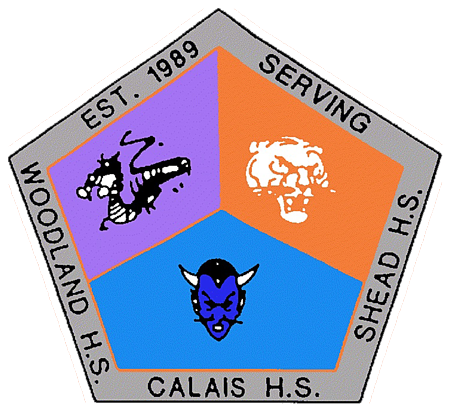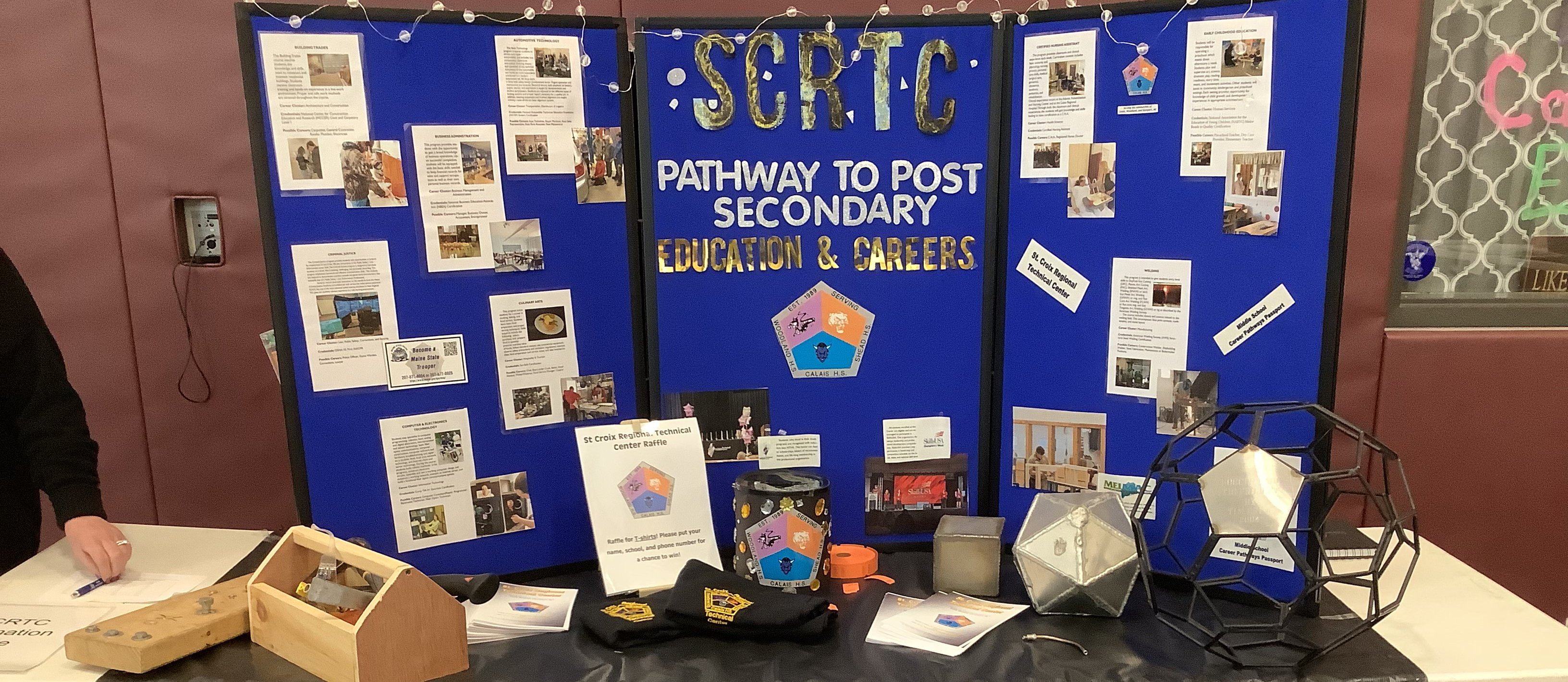Programs
Computer Technology
Students may specialize in computer programming, robotics, basic analog and digital electronics, microprocessor and sensor technology, basic fiber optics communications, computer construction, computer software and hardware troubleshooting and repair on a modular level, local area network technology, and internet client and server technology. During the course, students build robotic machines, write programs, construct electronic circuits, assemble and test a working computer, design and construct a working network, maintain an internet server, and build a functional fiber optics communications system.
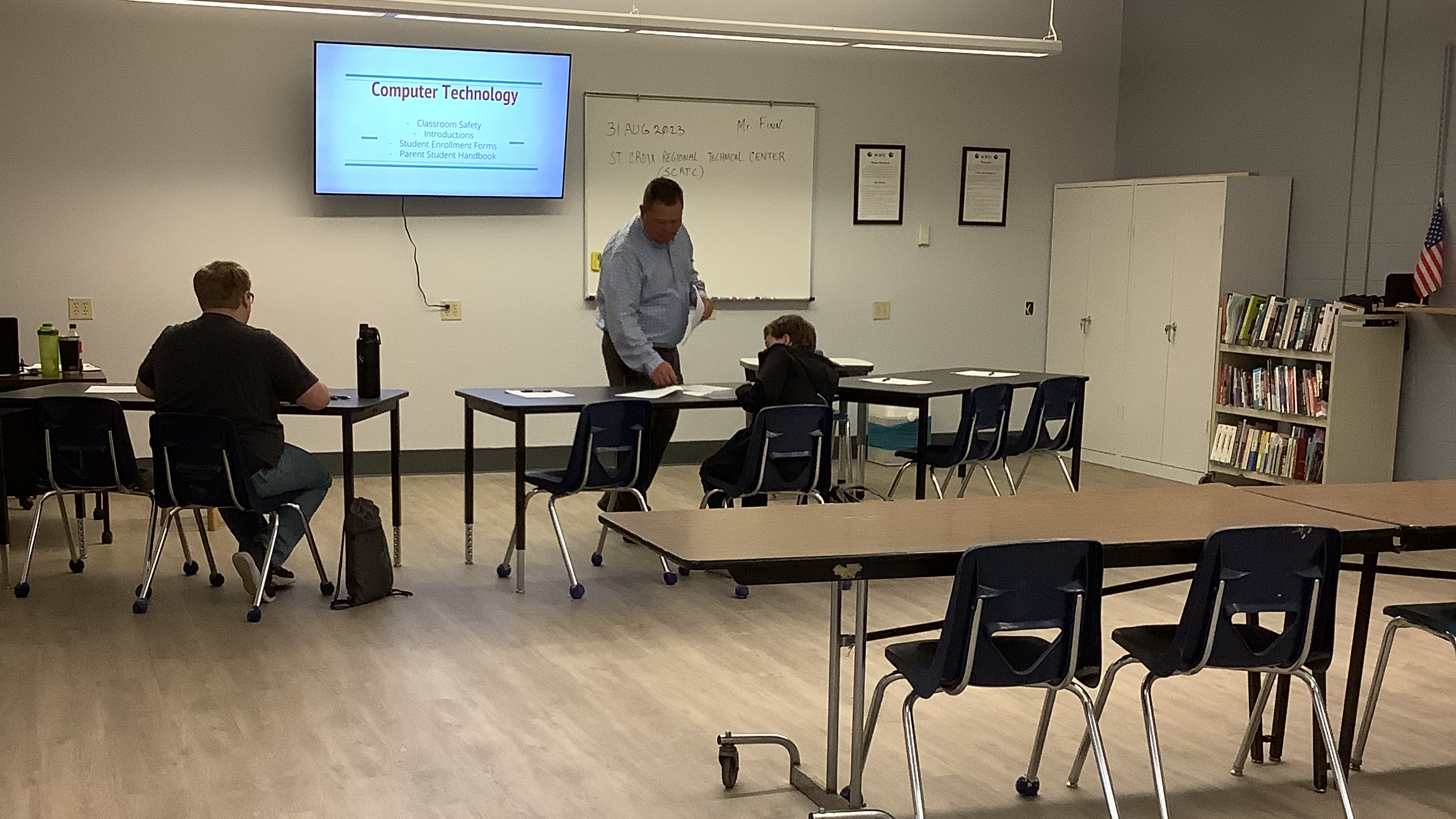

Computer Technology
Students may specialize in computer programming, robotics, basic analog and digital electronics, microprocessor and sensor technology, basic fiber optics communications, computer construction, computer software and hardware troubleshooting and repair on a modular level, local area network technology, and internet client and server technology. During the course, students build robotic machines, write programs, construct electronic circuits, assemble and test a working computer, design and construct a working network, maintain an internet server, and build a functional fiber optics communications system.
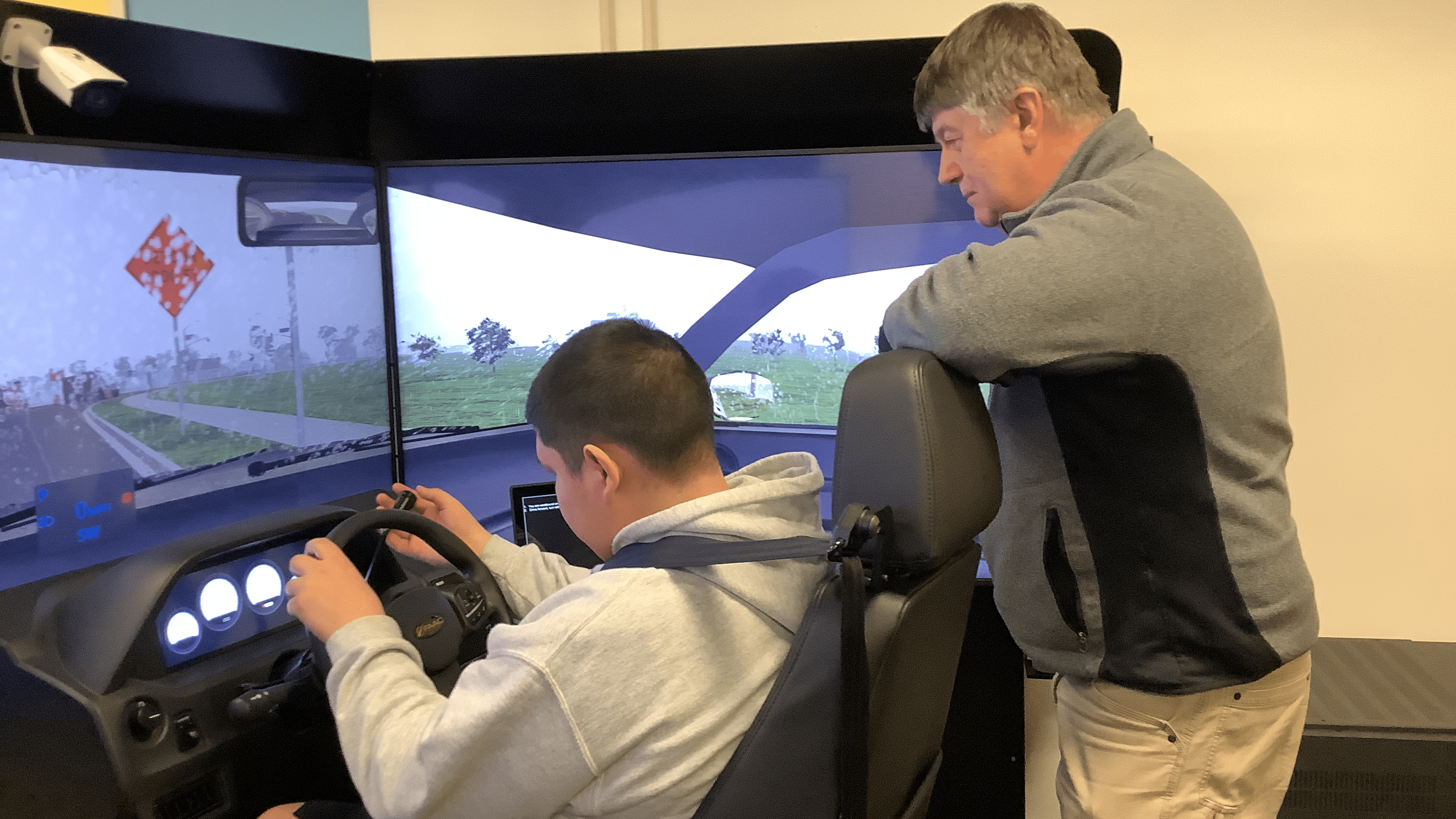
Criminal Justice
The Criminal Justice program provides students with opportunities to prepare for employment in one of the 100 plus occupations in the Public Safety-Law Enforcement career field. The Criminal Justice program is designed to introduce students to a career that is exciting, challenging, and personally rewarding. This program emphasizes teamwork and effective communication skills. The students are required to demonstrate a positive attitude and good moral characteristics that exemplify that of a Public Safety-Law Enforcement Professional. Students receive classroom instruction on the standards from the Maine Criminal Justice Academy and collaborate with various law enforcement personnel. SCRTC has on of the most advanced police training simulators in New England. This gives our students relevant experience in a safe learning environment.
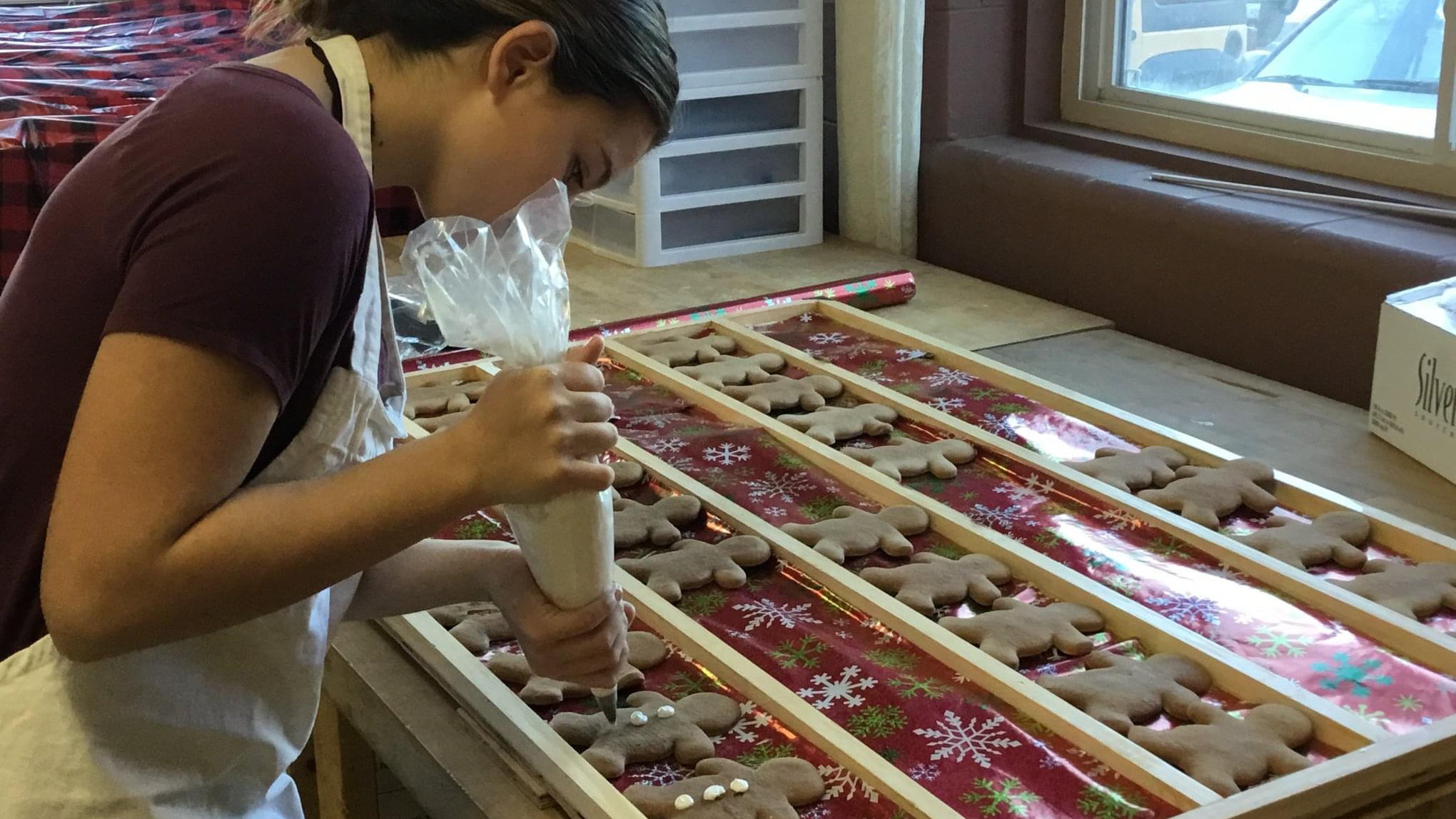
Culinary Arts
The Culinary Arts program trains students for a career in cooking, baking, and food service. Students learn basic food preparation and proper serving techniques. Skills acquired include the following: select, purchase, and prepare food in quantity; preserve nutritive value of foods; follow standard recipes; use commercial equipment; observe safety precautions and sanitation regulations; maintain clean food preparation and service areas; and take inventories.
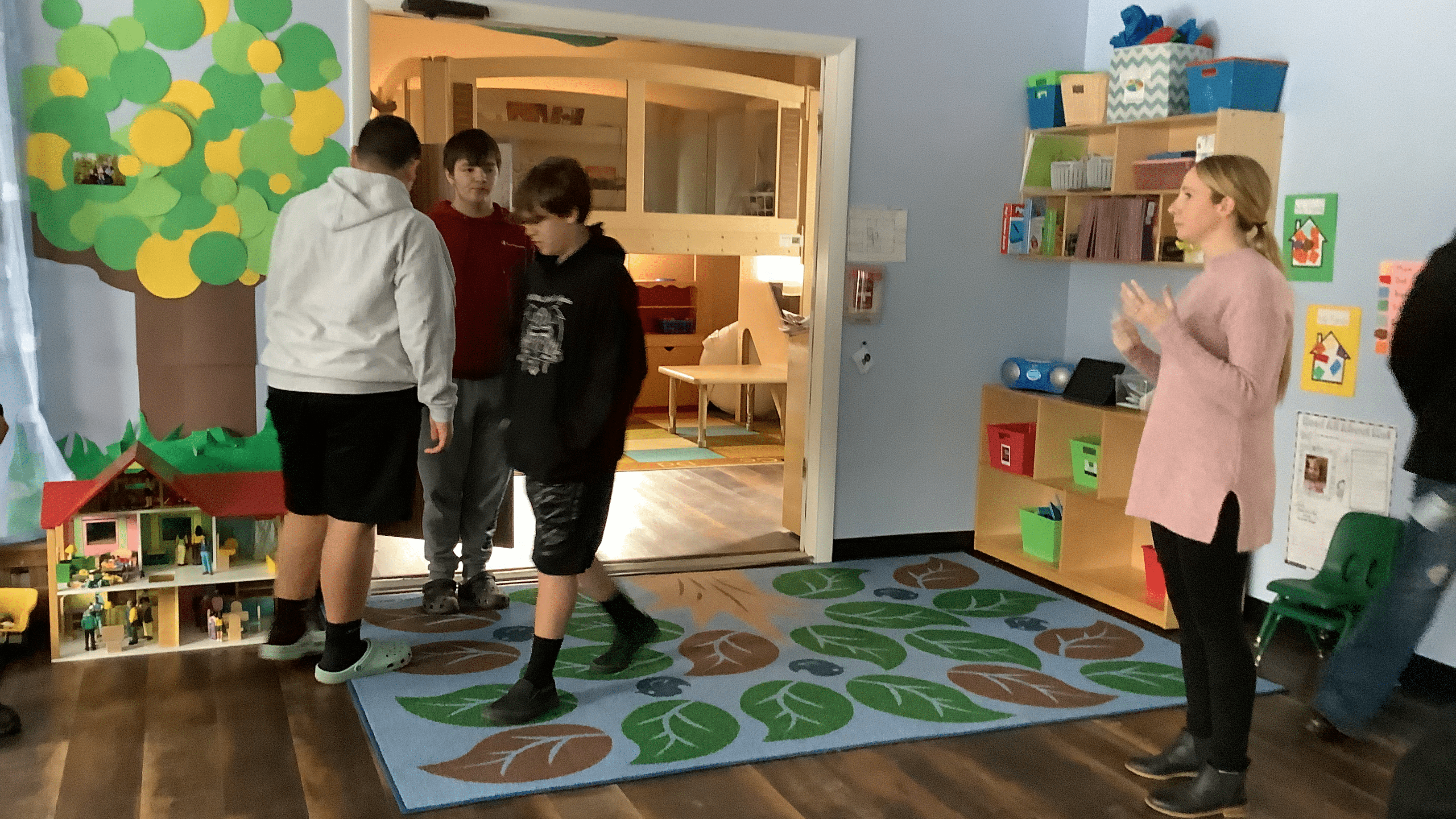
Early Childhood Education
Early Childhood Education students will be responsible for operating a preschool which meets three afternoons a week. Students plan and supervise art, science, dramatic play, reading readiness, story time, music, and movement activities. Other students will assist in community kindergarten and preschool settings. Each setting provides opportunity for knowledge of child growth and development and experiences in appropriate activities/care.
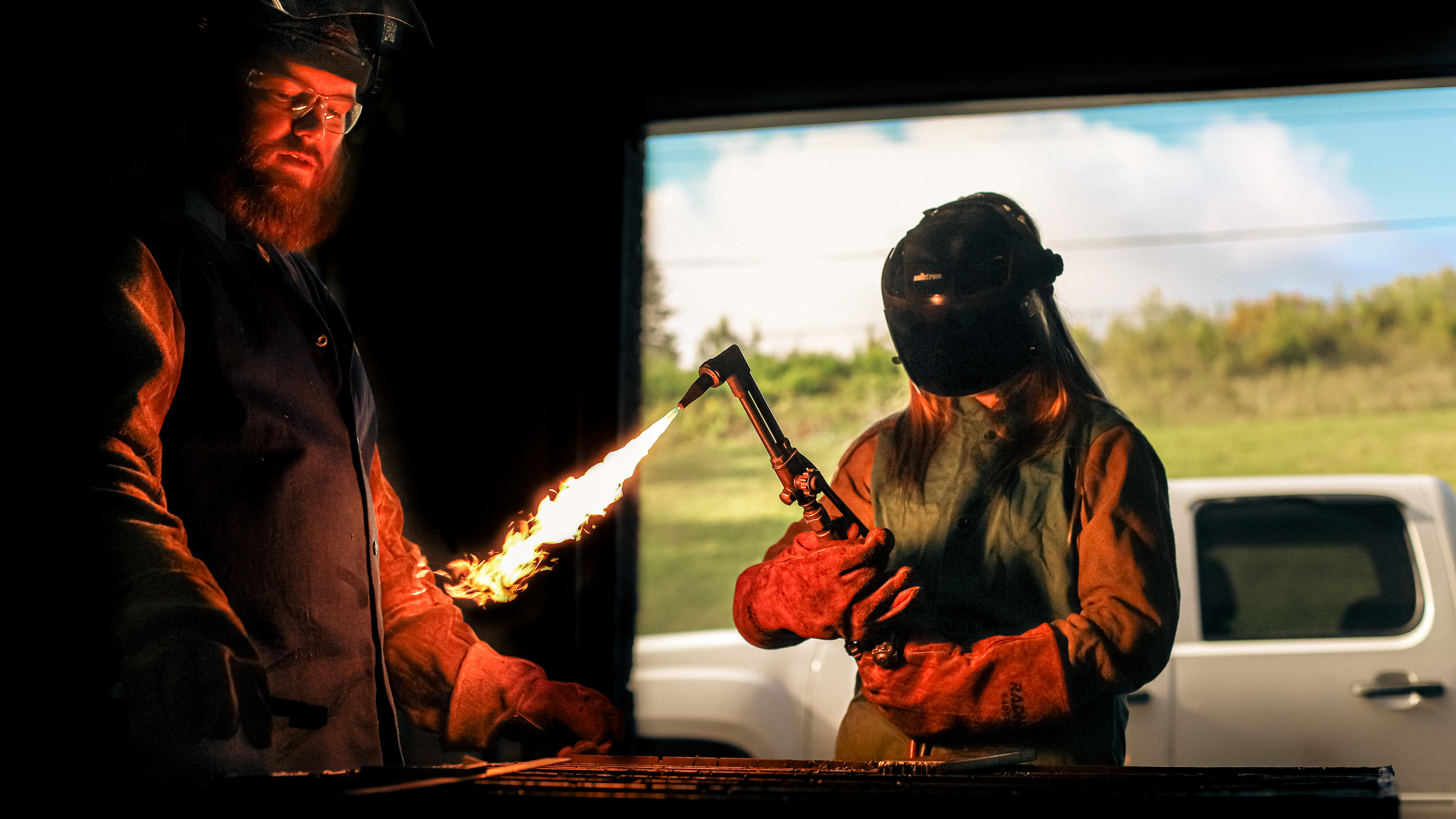
Welding Technology
This program is intended to give students entry level skills in OxyFuel Gas Cutting (OFC), Plasma Arc Cutting (PAC), Shielded Metal Arc Welding (SMAW) or stick, Gas Metal Arc Welding (GMAW) or mig, and Flux Core Arc Welding (FCAW) or flux core mig, and Gas Tungsten Arc Welding (GTAW) or tig as described by the American Welding Society. The program includes theory and science related to the welding field. This encompasses blue print symbols, mathematics, and metal layout.
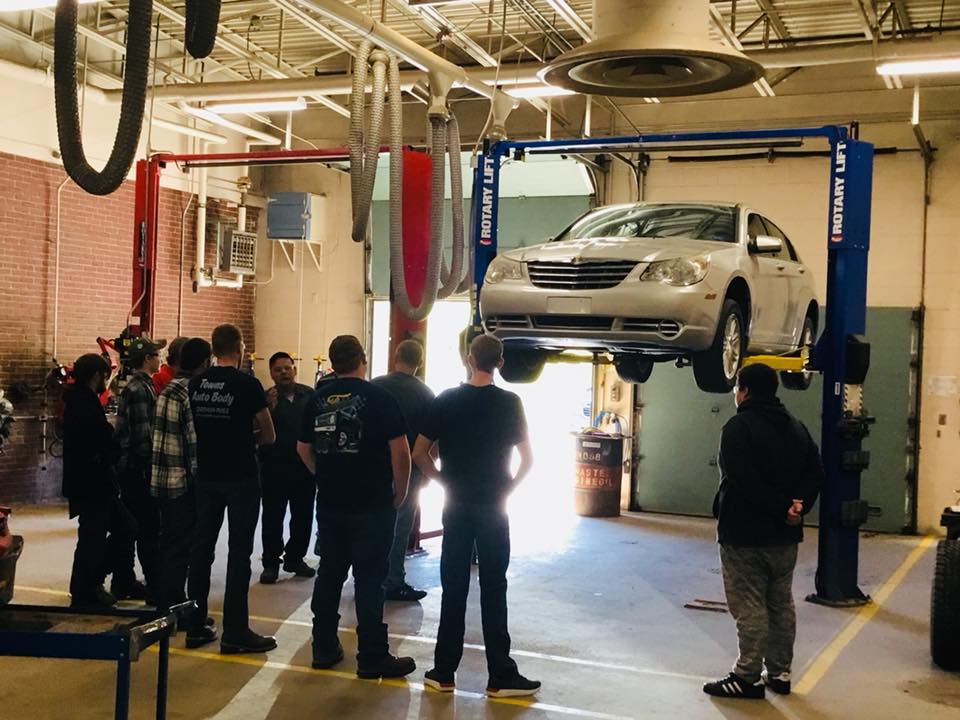
Automotive Technology
The Automotive Technology program prepares students to service and repair automobiles, and includes two components: classroom instruction, covering theory and operation of the technical subsystems of the automobile, and hands-on work experience conducted in a modern automotive lab. All shop work is done with safety being a predominant factor. Engine operation and maintenance are covered. Electrical theory with emphasis on battery, engine, starter, and alternators is taught by demonstration and student participation. Students are exposed to the different types of braking systems and proper repairs necessary for a quality job. In addition, steering suspension and 4-wheel alignment are taught, utilizing a state-of-the-art laser alignment system.
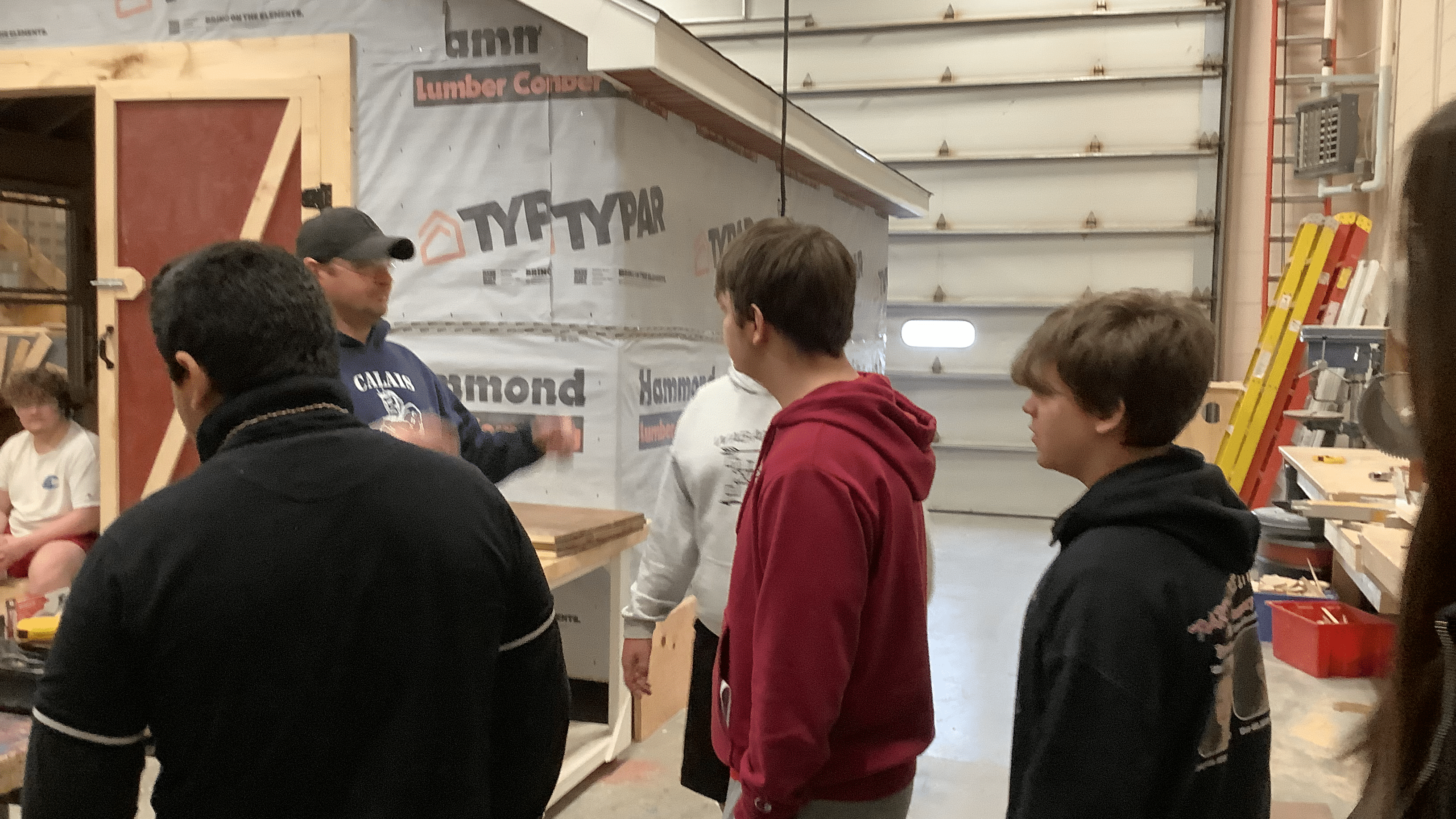
Building Trades
The Building Trades program teaches students the knowledge and skills used to construct and maintain residential buildings. Students receive classroom training and hands-on experience in a live-work environment. Proper and safe work methods are stressed throughout the program.
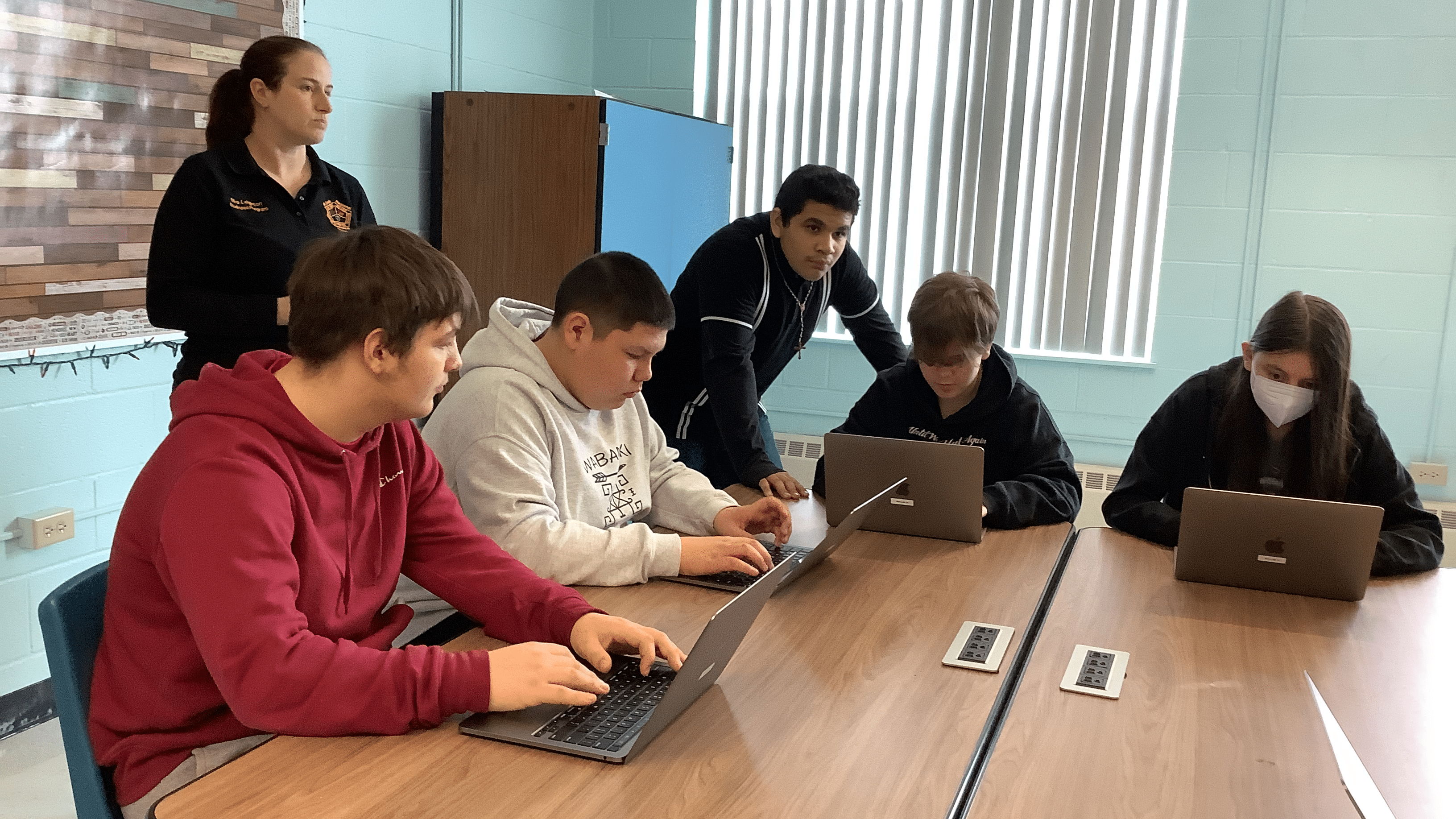
Business Studies
This program provides students with the opportunity to gain a broad knowledge of business operations. Upon successful completion, students will be equipped with the basic skills needed to keep financial records for sales and support occupations as well as their own personal business records.
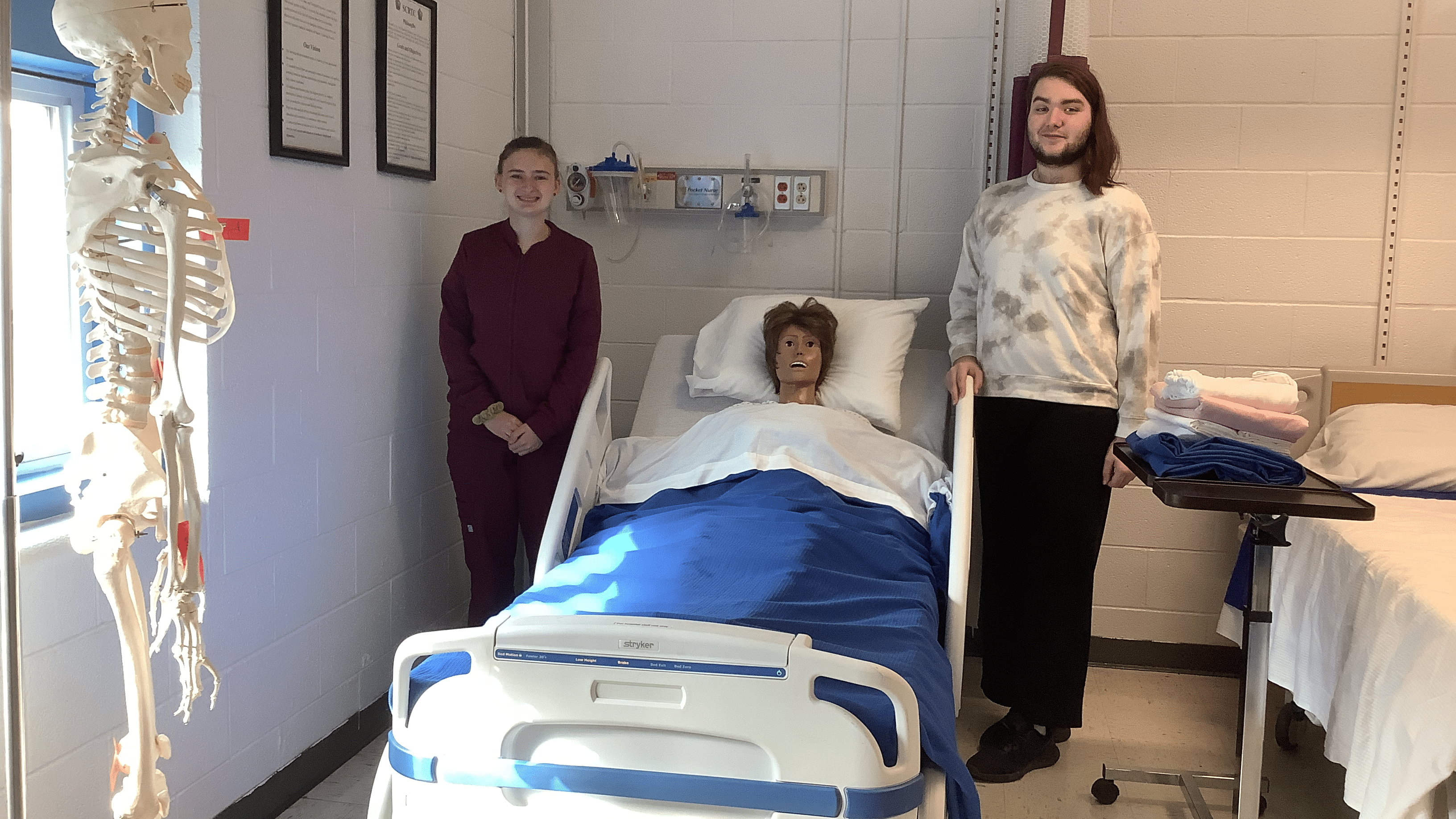
CNA
This program provides classroom and clinical experience each week. Curriculum content includes basic anatomy and physiology, nursing process, personal care skills, medical surgical care, geriatrics, obstetrics, newborn, pediatrics, and rehabilitation. Clinical experience occurs at the Calais Community Hospital, Eastport Nursing Home, and Wellmore Point Assisted Living Facility. Through both the classroom and clinical experiences, the students will gain knowledge and skills leading to state certification as a CNA.

Criminal Justice
The Criminal Justice program provides students with opportunities to prepare for employment in one of the 100 plus occupations in the Public Safety-Law Enforcement career field. The Criminal Justice program is designed to introduce students to a career that is exciting, challenging, and personally rewarding. This program emphasizes teamwork and effective communication skills. The students are required to demonstrate a positive attitude and good moral characteristics that exemplify that of a Public Safety-Law Enforcement Professional. Students receive classroom instruction on the standards from the Maine Criminal Justice Academy and collaborate with various law enforcement personnel. SCRTC has on of the most advanced police training simulators in New England. This gives our students relevant experience in a safe learning environment.

Culinary Arts
The Culinary Arts program trains students for a career in cooking, baking, and food service. Students learn basic food preparation and proper serving techniques. Skills acquired include the following: select, purchase, and prepare food in quantity; preserve nutritive value of foods; follow standard recipes; use commercial equipment; observe safety precautions and sanitation regulations; maintain clean food preparation and service areas; and take inventories.

Early Childhood Education
Early Childhood Education students will be responsible for operating a preschool which meets three afternoons a week. Students plan and supervise art, science, dramatic play, reading readiness, story time, music, and movement activities. Other students will assist in community kindergarten and preschool settings. Each setting provides opportunity for knowledge of child growth and development and experiences in appropriate activities/care.

Welding Technology
This program is intended to give students entry level skills in OxyFuel Gas Cutting (OFC), Plasma Arc Cutting (PAC), Shielded Metal Arc Welding (SMAW) or stick, Gas Metal Arc Welding (GMAW) or mig, and Flux Core Arc Welding (FCAW) or flux core mig, and Gas Tungsten Arc Welding (GTAW) or tig as described by the American Welding Society. The program includes theory and science related to the welding field. This encompasses blue print symbols, mathematics, and metal layout.
